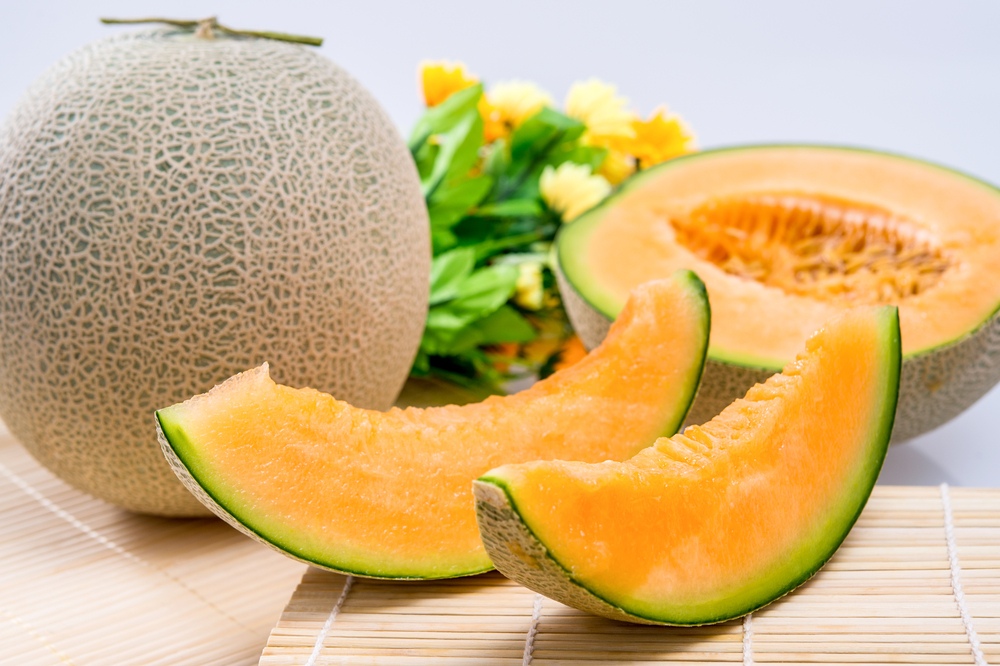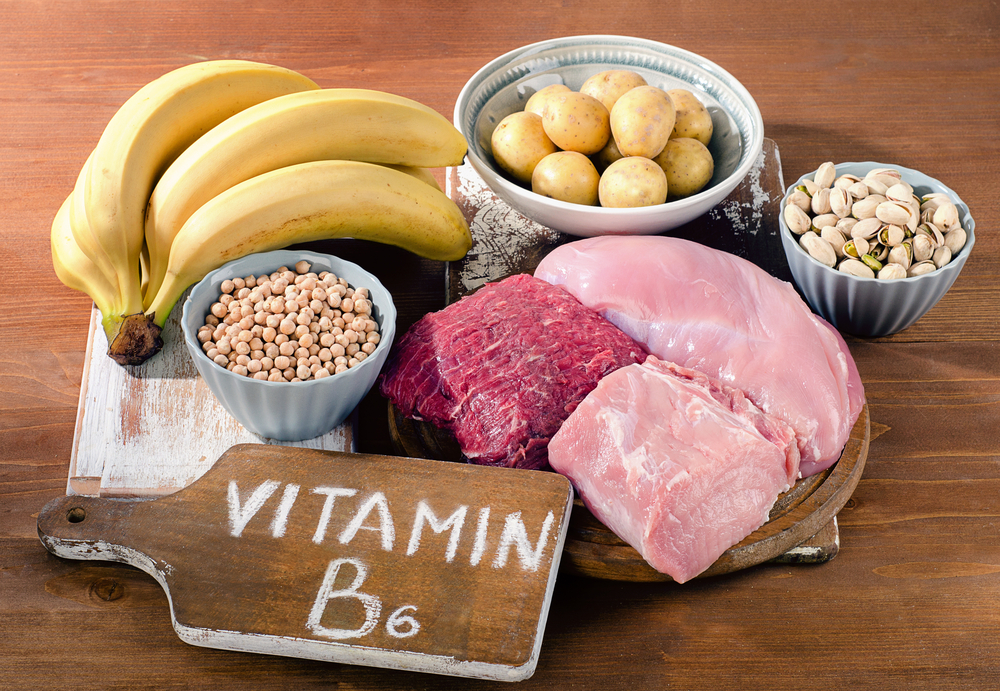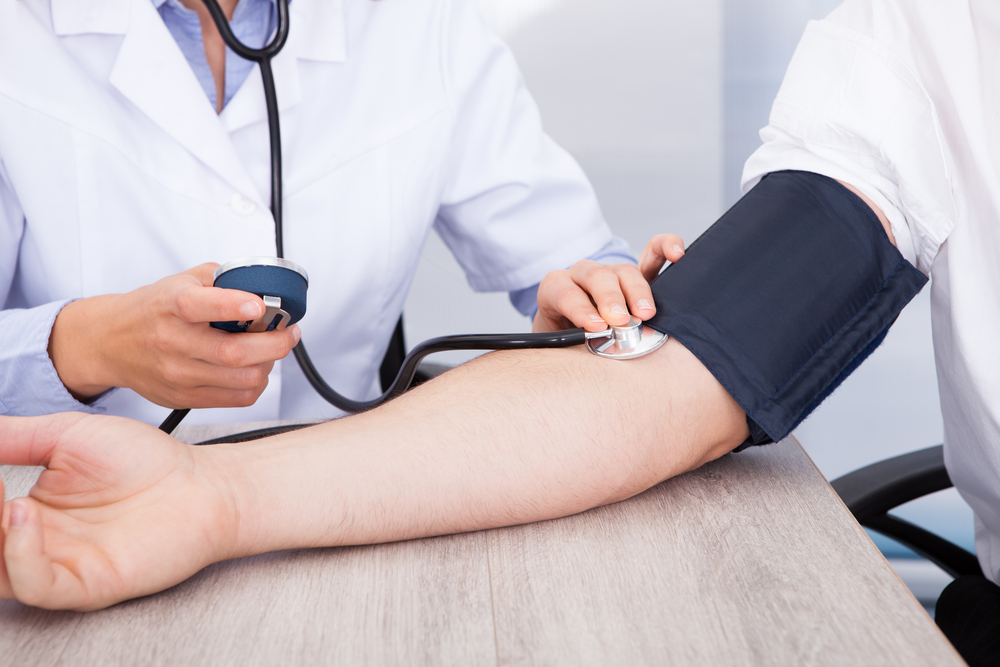Contents:
- Medical Video: Is Red Meat Really That Bad For You?
- What is red meat?
- The danger of eating too much red meat
- 1. Cancer
- 2. Heart disease
- 3. Kidney failure
- Balance with foods from plants
Medical Video: Is Red Meat Really That Bad For You?
Red meat contains many vitamins and minerals that are important for a healthy and balanced diet. However, in recent years, there have been studies showing that intake of red meat can increase the risk of cancer and other diseases. But, is it true that red meat is bad for our body?
What is red meat?
Red meat is meat derived from mammals, such as cattle, sheep and goats. For most people, this type of meat is considered a staple food and is consumed in different variations every day. However, in the past 10 years there has been a reduction in the amount of consumption of red meat. What is the cause?
The danger of eating too much red meat
Not only the health benefits of plant-based foods that make us reduce consumption of red meat, but also because of the health risks that may arise from consuming too much red meat.
Here are some risks that can be caused.
1. Cancer
A recent study adds evidence that eating beef, lamb, or goat regularly can shorten your life span. The study says that red meat can increase the risk of diabetes, heart disease and blood vessels, and some types of cancer.
The latest research conducted by National Institutes of Health-AARP states that people who consume large quantities of beef, lamb or goat in the past 10 years have the possibility to die more quickly due to cancer or heart disease, compared to people who consume it in small amounts.
In October 2015, the world health organization (WHO) published a report that concluded that red meat may be carcinogenic (a substance that can cause cancer) to humans, this indicates evidence that red meat can increase cancer risk.
2. Heart disease
Diets that are high in saturated fat and cholesterol are risk factors for heart disease. A number of studies have found that red meat falls into this category and can increase the risk of heart and blood vessel disease.
A study on Harvard School of Public Health led by Dr. Frank Hu, examined 37,000 men and 83,000 women. At the beginning of the study, all participants were free of heart disease and cancer. However, nearly 24,000 participants died during the study, 5,900 of which were caused by heart and blood vessel disease, and around 9,500 participants died from cancer.
Those who consume high amounts of red meat have the highest risk of death caused by cancer and heart disease.
After adjusting for other risk factors, the researchers calculated that an additional serving of fresh red meat every day could increase the risk of death by 13 percent. Meanwhile, an additional portion of processed red meat (sausages, ham, bacon) increases the risk of death by 20 percent.
The researchers estimate that by converting one serving of red meat into other foods such as fish, chicken, beans every day, it can reduce the risk of death by 7-19 percent.
3. Kidney failure
Kidney failure is a condition in which the kidneys can no longer filter waste products or waste and water from the blood. The main causes of kidney failure are diabetes and high blood pressure.
In July 2016, a study found that red meat was also one of the risk factors for kidney failure. The study reported a link between the amount of red meat intake and the risk of kidney failure.
People who consume large amounts of red meat have a 40 percent greater risk of kidney failure than those who consume it in small amounts.
Balance with foods from plants
Not that you can't eat goat satay or favorite steak anymore. It's just that, make sure your food menu is not only red meat, but also combined with various food sources that come from plants, such as vegetables, nuts, seeds, and fruits.
A number of studies have suggested that for the sake of health, a plant-based diet is the best choice. In December 2016, a report from Academy of Nutrition and Dietetics claiming that a plant-based diet can reduce the risk of type 2 diabetes by 62 percent, and can reduce the risk of heart attack and stroke.












